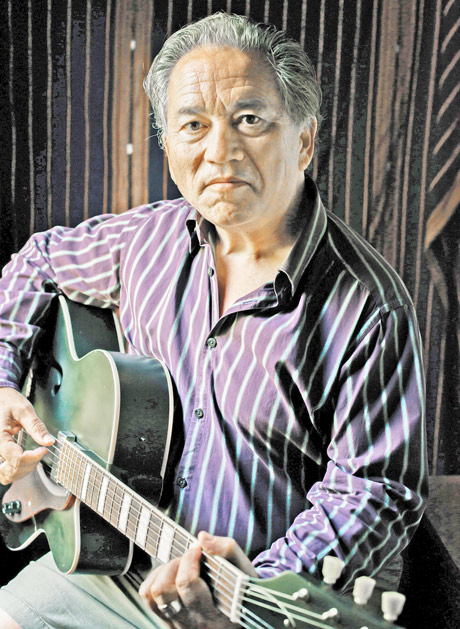Canada
RBC Taylor's 2019 Five Finalists reflect the best of Canadian non-fiction writers

By William Doyle-Marshall
Darrel McLeod, an Indigenous writer is among this year’s shortlist of finalists for the RBC Taylor Prize with his book “Mamaskatch” which tells the story of “A Cree Coming of Age.
“Mamaskatch” means “shared dream” in Cree, and while there are unavoidable nightmares along the journey, there are also dreams of hope, at times of exquisite beauty and renewed pride. The winner of this year’s prize will be announced at a gala luncheon on Monday March 4th, at a downtown hotel.
Public events confirmed for the finalists include a free 90-minute Round Table Discussion in the Brigantine Room at Harbourfront, hosted by Toronto Star Books Editor, Deborah Dundas, Thursday Feb 28, at 7pm presented by the Toronto International Festival of Authors. The very popular Ben McNally Authors Brunch happens Sunday March 3rd, at the Omni King Edward Hotel, downtown Toronto. Tickets can be purchased by contacting Ben McNally Books at 416 361-0032 or visiting (benmcnallybooks.com).
Vijay Parmar, president of RBC PH&N Investment Counsel congratulated the authors and acknowledged that the list reflects the best of Canadian non-fiction writers and celebrates their achievements. Parmar said RBC Wealth Management is proud to sponsor the Prize as it helps put “our country’s distinctive voice on the global literary stage by shining a spotlight on our talented writers from coast-to-coast.”

McLeod captures a scene where his sisters faced abuse at the hands of nuns. “Suddenly they heard footsteps and a swoosh. Bertha clenched her jaw and her hands trembled. Her eyes moved up to the black robe and cape, then to the pink and white face – the forehead covered by a stiff white strip attached to an oval frame. Black hood. Bertha’s terrified gaze stayed on the headscarf for a moment. Was there hair under there? So many times the older girls had debated this – some saying, 'Well of course they have hair, they’re human, you know,' and others saying. 'They hate hair – look what they done to ours. They probably shave their heads.' Sister Pierrette bent down low, and Bertha watched with fascination the shiny metal cross dangling at mid-chest, as if by magic,” McLeod writes.
Sister Pierrette’s unwashed hair and the ripe sweat accumulated in her robes. They jerked their heads back as they felt her sour breath on their tiny round faces, gaping at her bushy eyebrows and faint black moustache, the author recounts. The nun spoke in a unique blend of Cree, French and broken English. They were caught speaking Cree so she warned them to speak English and not Cree. As punishment Bertha and Margaret were ordered to wear their moccasin around their necks for two days. All day they walked barefoot on the cold floors of the classrooms, dorm, dining room and chapel, they reported.
Darrel’s mother told him numerous stories about her experiences including when Father Jal visited her family a couple months after her father’s death, just after Darrel was born. They were staying with Darrel’s grandfather Mosom Power in a trapping cabin near Spurfield. The priest said he came to see how they were doing but to the woman’s surprise when she thought he was about to make the sign of the cross to bless them, the priest “opened his hand wide and he fondled my breast. With the other hand he started feeling me up.”
Other short listed Writers include Bill Gaston’s “Just Let Me Look at You: On Fatherhood”, published by Hamish Hamilton/Penguin Canada. Gaston sets out on a solitary journey eighty miles across the Salish Sea in a boat he describes as “a piece of junk.” Cellist Ian Hampton’s, “Jan in 35 Pieces: A Memoir in Music”, published by Porcupine’s Quill is also among the finalists. Hampton, a Cellist has created a lyrical reflection on the world of music and classical composers and musicians in the seven decades since World War II.
Also among the 2019 finalists are Kate Harris, for “Lands of Lost Borders: Out of Bounds on the Silk Road”, published by Knopf Canada and Elizabeth Hay’s “All Things Consoled: A Daughter’s Memoir”, published by McClelland & Stewart.